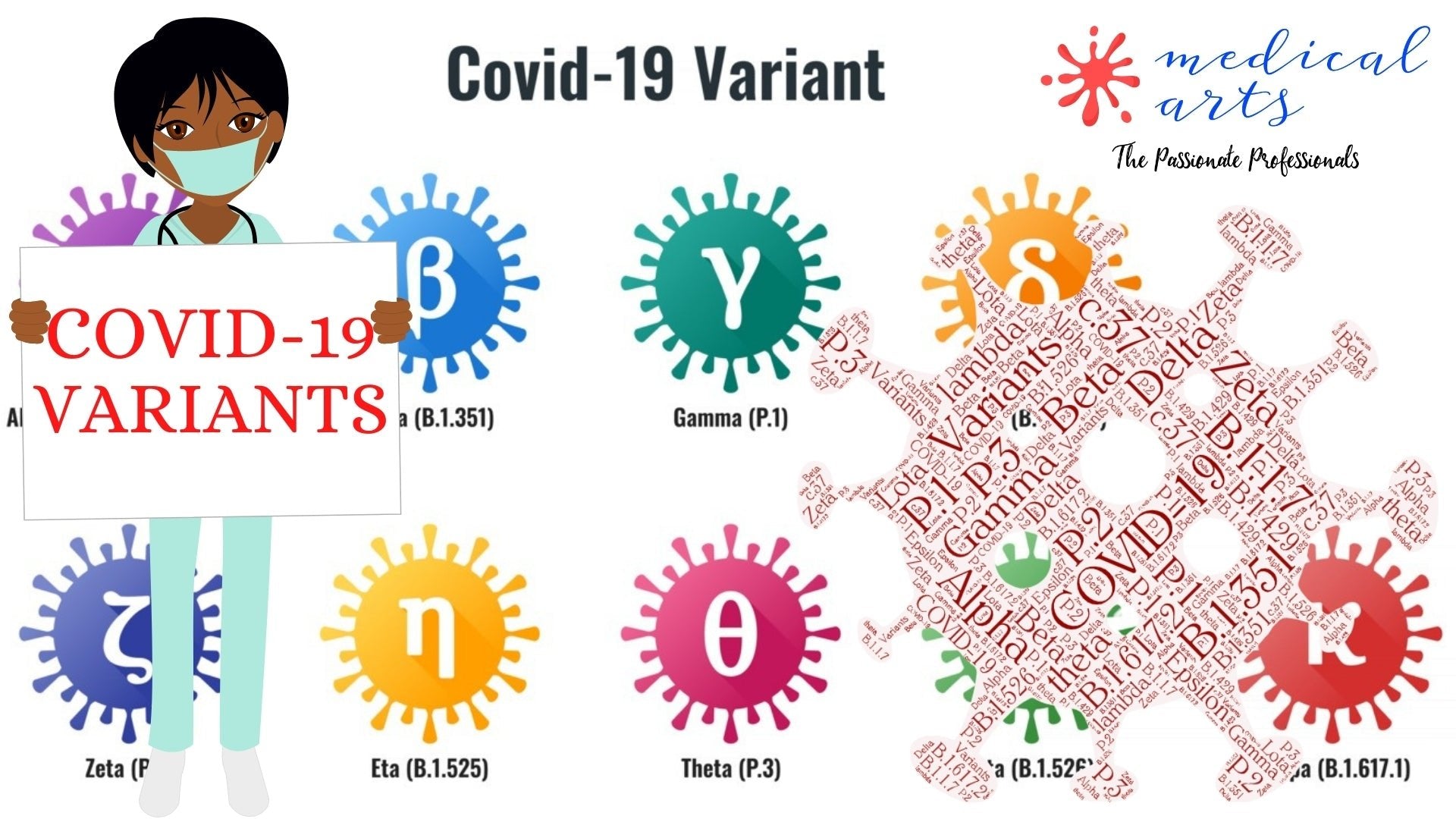What do a variant and mutations mean?
All viruses, including SARS-CoV-2, the virus that causes COVID-19, change over time. Most changes have little to no impact on the virus’ properties. However, some changes may affect it, such as how easily it spreads, the associated disease severity, or the performance of vaccines, therapeutic medicines, diagnostic tools against the new mutation, or other public health measures.What are the effects of new variants?
During late 2020, the emergence of variants that posed an increased risk to global public health prompted the characterization of specific Variants of Interest and Variants of Concern , in order to prioritize global monitoring and research, and ultimately to inform the ongoing response to the COVID-19 pandemic.A mutation is called a Variant of Interest if it has the features that reduce the ability of the immune system to prevent an infection.
A Variant of Concern has been demonstrated to have weaker responses to treatments or vaccines and are more likely to evade diagnostic testing.
They tend to be more contagious and cause more serious infections.
Variant of High Consequence are almost undetectable to current diagnostic and treatment options. Often they cause more severe cases. none of COVID-19 mutations are under this category so far.
How are variants/mutations developed?
Viral mutations may naturally occur anywhere in the virus genome. Unlike the human DNA genome, which is slow to mutate, RNA viruses are able to quickly mutate.A new virus variant emerges when the virus develops 1 or more genome sequence differs from a reference virus.
What are the known variants of covid-19?
There are thousands of different types of Covid 19 variants circulating across the world.
some examples are Alpha.
first identified in the UK.
Appears to spread more easily, with about a 50% increase in transmission compared to previous circulating variants.
Beta
first identified in South Africa.
It reduces the effectiveness of some monoclonal antibody medications and the antibodies generated by a previous COVID-19 infection or COVID-19 vaccine.
Delta
Appears to be spreading quickly in many countries including the UK and US where it has become the dominant variant. Vaccines continue to be effective at preventing hospitalization and death, but transmissions of delta variants did not stop. However, This variant might reduce the effectiveness of some monoclonal antibody treatments and the antibodies generated by a COVID-19 vaccine. There is no evidence that Delta cause more serious illness for the vast majority of people.
Gamma
first identified in Brazil, this variant reduces the effectiveness of some monoclonal antibody medications and the antibodies generated by a previous COVID-19 infection or a COVID-19 vaccine.
Lambda
is the variant responsible for most of the new cases in south America, and recently started to causes outbreaks in Florida, it is suggested that this variant is highly transmissible and resistant to today's covid-19 vaccines.
What are the differences and similarities among COVID-19 variants? How is the world dealing with covid-19 variants?
Most variants cause similar COVID-19 symptoms.
Some mutations may cause more often the severe form of the disease and a higher risk of mortality, such Alpha and Beta.
Some diagnostic tests may have less sensibility to newer versions of the virus that may cause false testing results.
Vaccines are usually less effective in some cases against new variants that didn't exist before the testing and productions but vaccines are showing a reduced mortality and decreased severity of illness.
Learn more about the human body and related topics: https://bit.ly/3eZjCSi

